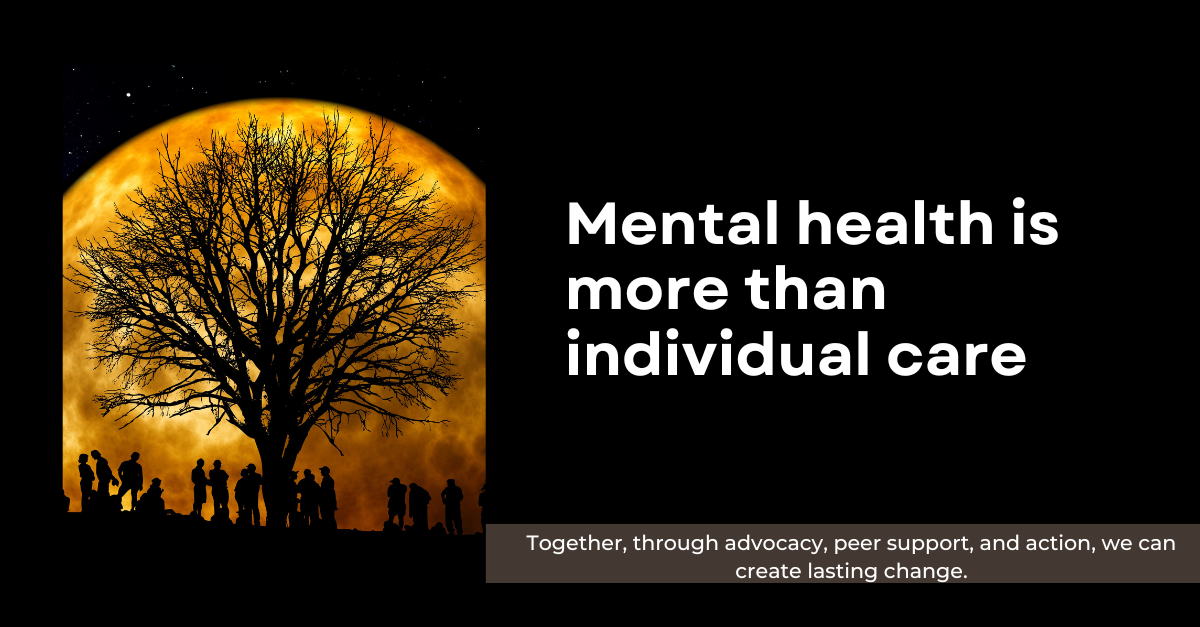We Emphasise Solutions and Practical Outcomes
When considering psychological support, it's essential to understand that psychologists have varied approaches, each shaped by their training and personal philosophies. While we share common goals of promoting mental well-being and understanding human behavior, the way we achieve these goals can differ significantly.
This guide will help you understand these differences and how my solution-oriented approach can support you.
Common Ground: Core Principles of Psychological Practice
All psychologists, regardless of their approach, are committed to:
- Empathy and Rapport: Building a trusting, empathetic relationship with clients.
- Confidentiality: Ensuring your privacy and creating a safe space for you to share.
- Evidence-Based Practice: Using research-backed techniques to guide treatment.
Despite these shared principles, each psychologist’s approach can vary, influencing how therapy progresses and what techniques are used.
Varied Styles and Emphases in Psychological Practice.
Cognitive-Behavioral Approaches
Cognitive-behavioral therapy (CBT) is a practical, goal-oriented approach that focuses on changing negative thought patterns and behaviors. This method is widely used and highly effective for a range of issues, from anxiety and depression to stress management. CBT is typically short-term and involves structured sessions aimed at achieving specific outcomes.
Humanistic Approaches
Humanistic psychology emphasizes personal growth and self-fulfillment. This approach is non-judgmental and supportive, focusing on helping you explore your feelings and potential. Techniques like client-centered therapy and Gestalt therapy create a safe space for you to understand yourself better and move towards personal goals.
Transpersonal Psychology
Transpersonal psychology is an approach that integrates the spiritual and transcendent aspects of the human experience with modern psychology. It goes beyond the individual to explore higher states of consciousness, mystical experiences, and the interconnectedness of all life. This approach can be particularly beneficial for individuals seeking deeper meaning, spiritual growth, and a sense of connection beyond the self.
Solution-Focused Approaches
Solution-focused therapy (SFT) is a brief, future-oriented approach. Rather than delving into past problems, it emphasizes your strengths and resources to help you achieve your goals. This approach is collaborative and pragmatic, often leading to quick and effective results.
Examining Patterns of Behavior and Thinking
NOTE: There are many other approaches
Regardless of the specific approach, psychologists often examine patterns of behavior and thinking, considering both conscious and unconscious processes. This examination can include:
- Behavioral Patterns: Identifying and understanding habitual actions that may contribute to current issues.
- Thought Patterns: Exploring how your thoughts influence your emotions and behaviors, both consciously and unconsciously.
- Unconscious Processes: Considering deeper, often hidden motivations and beliefs that impact your behavior and mental state.
My Approach: Solution-Oriented and Practical
In general my approach is a solution-oriented approach, focusing on helping you achieve your desired outcomes. However, not all situations lend themsleves to this approach and as appropriate what I actually do will vary.
Here’s how I can support you:
Clear Goals and Practical Solutions
My primary aim is to help you make tangible improvements in your mental health and overall well-being. Together, we will:
- Set Specific Goals: We will define clear, achievable objectives tailored to your needs.
- Leverage Your Strengths: We will identify and build on your existing strengths and resources.
- Focus on Solutions: We will develop actionable steps to overcome your current challenges.
Active and Caring Interventions
While maintaining a caring and empathetic stance, I take an active role in your therapy by teaching you practical skills and methodologies. This involves:
- Skill-Building: You will learn practical tools such as coping strategies, mindfulness exercises, and communication skills.
- Behavioral Changes: We will work on modifying behaviors to promote healthier habits and patterns.
- Psychoeducation: I will provide you with information about mental health to help you better understand and manage your situation.
Addressing Both Conscious and Unconscious Processes
In my practice, I focus on both your conscious thoughts and behaviors as well as the unconscious processes that may be influencing them. This dual focus helps to:
- Identify Hidden Barriers: Uncover and address unconscious beliefs and motivations that may be hindering your progress.
- Enhance Self-Awareness: Increase your understanding of how unconscious processes impact your thoughts and actions.
- Promote Comprehensive Change: Ensure that changes are not just surface-level but are deeply rooted and sustainable.
Lifestyle Changes for Lasting Well-Being
I believe that sustainable mental health is supported by a holistic approach, which includes lifestyle changes. Key areas we will focus on include:
- Physical Health: Encouraging regular exercise, balanced nutrition, and adequate sleep to support your mental health.
- Stress Management: Teaching you relaxation techniques and healthy coping mechanisms to handle stress effectively.
- Social Support: Helping you build and maintain supportive relationships and community connections.
Why Choose a Solution-Oriented Approach?
If you're looking for a practical, goal-focused therapy that emphasizes immediate improvements and lasting change, my approach may be right for you. By integrating lifestyle changes and skill-building into our sessions, I aim to empower you to achieve your mental health goals and improve your overall quality of life. Whether you're dealing with stress, anxiety, depression, or simply seeking personal growth, a solution-oriented approach can provide the tools and support you need to thrive.
Incorporating Transpersonal Psychology
For clients seeking deeper meaning and spiritual growth, I also incorporate elements of transpersonal psychology when appropriate. This approach can help you explore higher states of consciousness, spiritual experiences, and a sense of interconnectedness, providing a holistic perspective on your mental and emotional well-being.
Feel free to reach out to discuss how we can work together towards your mental well-being.











